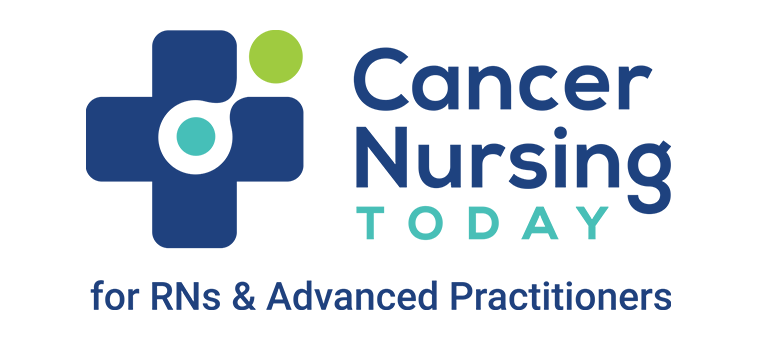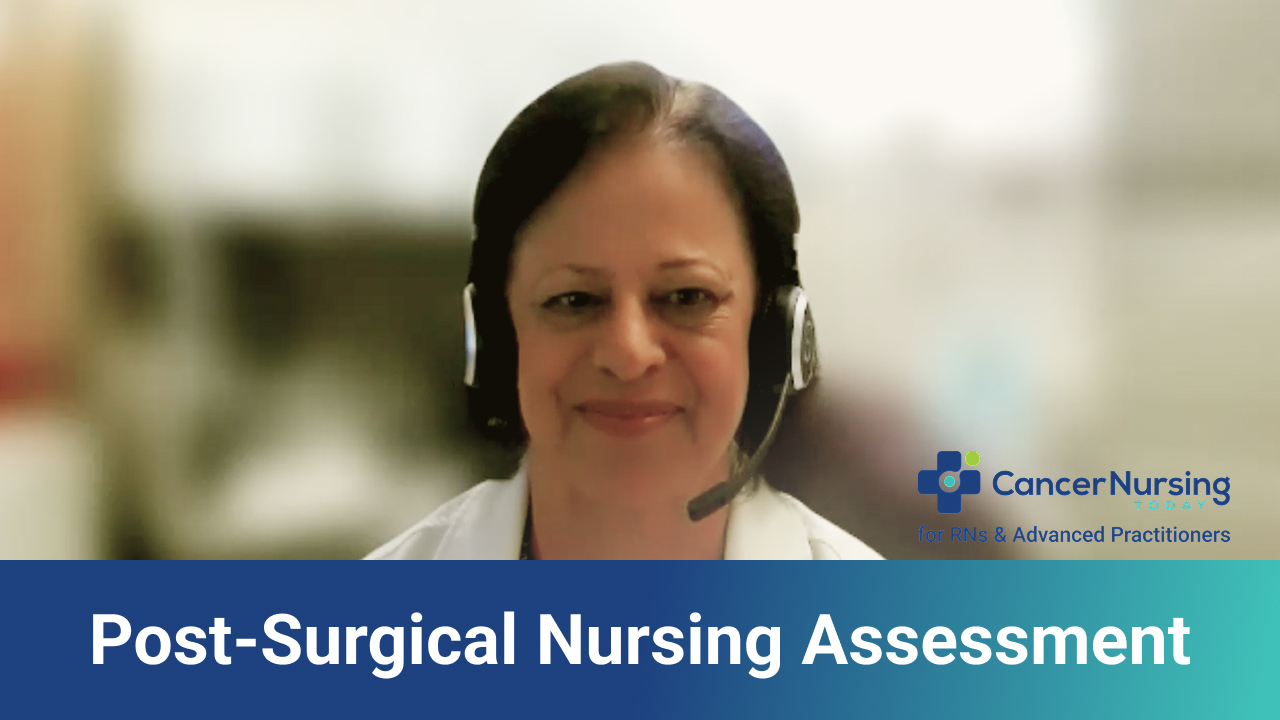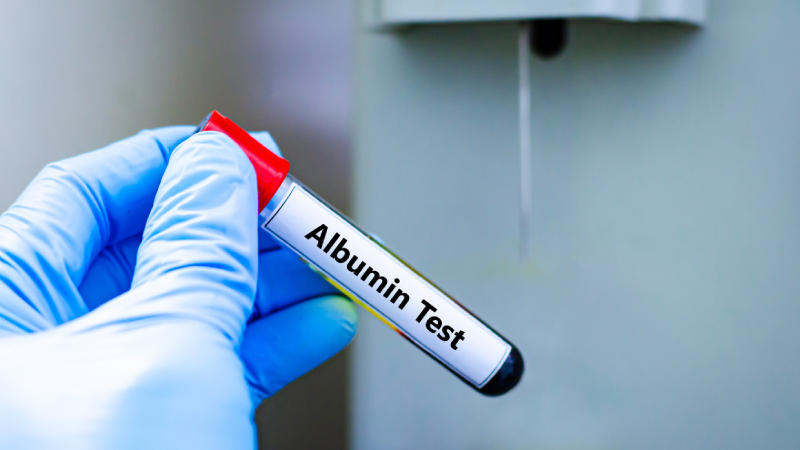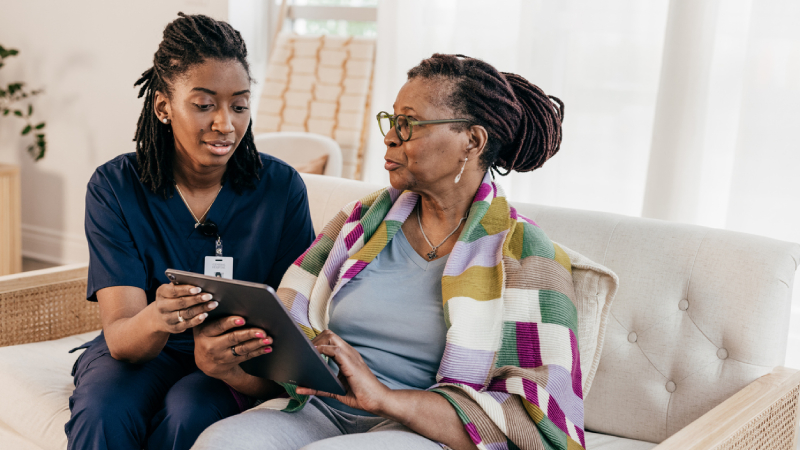
A nurse-led telephone follow-up program may help monitor adverse events in patients who are undergoing neoadjuvant treatment for locally advanced esophageal squamous cell carcinoma (ESCC), according to a recent study.
Ai Tanaka, MN, and colleagues conducted the study and presented their findings at the 2025 American Society of Clinical Oncology Gastrointestinal Cancers Symposium.
The study investigators explained that in Japan, the standard neoadjuvant treatment for resectable locally advanced ESCC is docetaxel plus cisplatin and 5-fluorouracil (DCF), based on results of the JCOG1109 study. The first week of this therapy is administered in a hospital setting, with the remaining two weeks of treatment taking place at home. However, after the administration of neoadjuvant DCF therapy, “patients might suffer from febrile neutropenia or gastrointestinal symptoms such as nausea, vomiting, constipation, diarrhea, and stomatitis, even during remaining two weeks at home,” the researchers explained.
“Therefore, nurses in our hospital teach self-care at home for these patients who received neoadjuvant DCF therapy,” the study investigators said. However, some patients experienced emergency admission due to worsening adverse events. To prevent these events, nurses in our hospital conducted a telephone follow-up program (Tsukiji Call) for patients at home.”
The retrospective analysis of the telephone follow-up program included 90 patients with locally advanced ESCC who received neoadjuvant DCF therapy in a single center between February 2023 and July 2024. Among them, 20 received the telephone follow-up program and 70 did not. For those who received the calls, nurses called during days 8-14 of the first course of therapy to check for fever, nausea, vomiting, constipation, diarrhea, and stomatitis in patients who were at home before the first outpatient clinic.
There were slight differences in the frequency of grade 2 or higher adverse events between the two groups at the first outpatient clinic, but none of the differences were significant. One patient in each group was emergently admitted within seven days of discharge.
The researchers concluded that “non-hematologic toxicities during DCF therapy may be reduced by Tsukiji Call by nurses in the hospital, which seemed to be in preventing the worsening of adverse events.”
Reference
Tanaka A, Tanaka R, Yamamoto S, et al. Clinical utility of nurses’ telephone follow-up program (Tsukiji Call) for resectable locally advanced esophageal squamous cell carcinoma patients received neoadjuvant DCF therapy. Presented at the 2025 American Society of Clinical Oncology Gastrointestinal Cancers Symposium; January 23-25, 2025; San Francisco, California.







 © 2025 Mashup Media, LLC, a Formedics Property. All Rights Reserved.
© 2025 Mashup Media, LLC, a Formedics Property. All Rights Reserved.